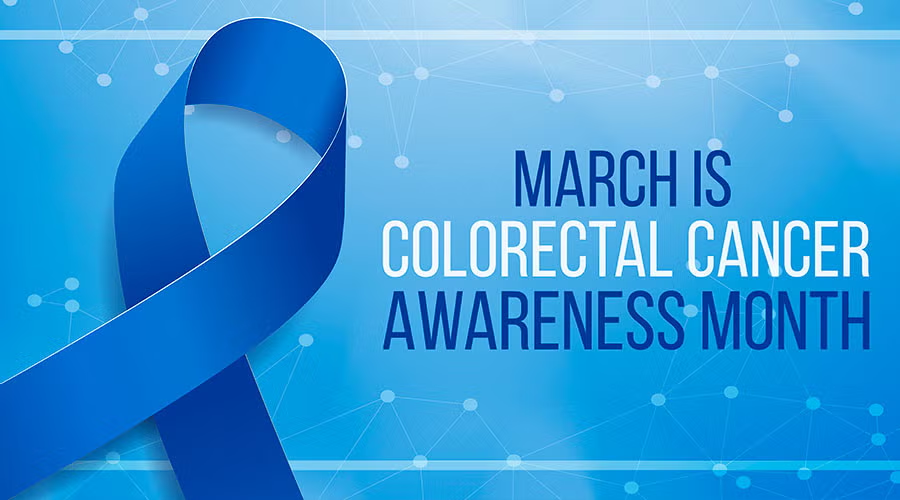Managing Holiday Cheer and the Stress of the Season
The holidays are hard on your heart in more ways than one. Know what to look for and what to avoid.
November 20, 2025

There’s a lot to enjoy this time of year. Good meals, familiar faces and a break from routine can be a welcome reset. But the season can also bring packed schedules and more pressure than most people will admit.
Holiday stress can build fast and often without warning. Between gift shopping, travel plans, hosting or entertaining and family dynamics, it’s easy to feel overwhelmed. A little stress is normal, but when it piles up, it can really take a toll.
What Stress Does to Your Body
Stress activates your body’s fight-or-flight response, which releases adrenaline and cortisol. These hormones raise your heart rate and blood pressure and can make you feel anxious or on edge. If this continues over days or weeks, it can weaken your immune system, interfere with sleep, cause mind and body fatigue, and increase your risk for heart disease.
Holiday stress often gets worse when routines break down. Poor diet, too much alcohol or lack of movement can all strain the body. Add emotional pressure and your heart may be at greater risk.
Holiday Heart Syndrome: A Seasonal Concern
One lesser-known condition that becomes more common around the holidays is holiday heart syndrome. According to Cleveland Clinic, it refers to an irregular heartbeat, often atrial fibrillation (AFib), triggered by everything previously mentioned and the added stressor of heavy alcohol use. It can affect even healthy people who have no history of heart problems, potentially causing a stroke or other complications.
Researchers gave this syndrome its name when they saw more AFib cases related to alcohol use in December and January.
Symptoms can include:
- A racing or fluttering heartbeat
- Dizziness or feeling lightheaded
- Shortness of breath
- Chest discomfort
- Fatigue/weakness
In addition to stress and excessive alcohol consumption, dehydration, lack of sleep and consuming too many high-sodium foods can also play a role in triggering the condition.
Other Health Effects of Stress
Stress can also affect mental health, often making anxiety or depression harder to manage. It may show up as physical symptoms like a lingering headache or ongoing fatigue. For people with chronic conditions, the holidays can make it harder to stick to treatment plans or manage daily care.
According to Sanjay Shetty, MD, MBA, Chief of Cardiology and Chief Medical Officer for AtlantiCare Regional Medical Center and Service Lines, “People tend to push through the holidays on adrenaline, but the heart doesn’t always keep up. When stress builds and routines slip, the body reacts in ways many don’t notice until symptoms show up.”
Simple Ways to Stay Well
- Limit alcohol. One or two drinks at most and avoid binge drinking.
- Prioritize rest. Keep a regular sleep schedule as much as possible.
- Eat balanced meals and drink water. Dehydration and salty foods put extra strain on the heart.
- Take breaks. A short walk, a quiet room or five minutes of deep breathing can help reset your body’s stress response.
- Ask for help. You don’t have to handle everything alone. Let others pitch in.
“We see more irregular heart rhythms this time of year, especially when heavy drinking or poor sleep are in the mix,” added Dr. Shetty. “Weekend and binge drinking add even more strain and can push someone into atrial fibrillation or an irregular rhythm. If you feel your heart racing, fluttering or off, don’t wait it out. Get checked. Most issues are manageable when caught early, and paying attention to those early signals can prevent a serious event.”
Listen to Your Body
Not all holiday stress can be avoided, but your health should not be the price. Pay attention to signs of physical or emotional burnout. If you feel symptoms like chest discomfort or irregular heartbeat, especially after drinking or feeling overwhelmed, get medical attention right away or call 9-1-1.
Taking care of your health during the holidays is the best gift you can give to yourself and to your loved ones.
Learn more about this condition or schedule an appointment with the AtlantiCare Heart & Vascular Institute at 888 569-1000.
Related Articles

Colorectal Cancer Awareness Month
March is Colorectal Cancer Awareness Month, a time to focus on a cancer that affects thousands of people ...

Doctor’s Day
AtlantiCare physicians bring together clinical excellence and compassion to care for patients and familie...

Spring Ahead
As we adjust to daylight saving time, many people notice changes in their sleep patterns. This year, dayl...